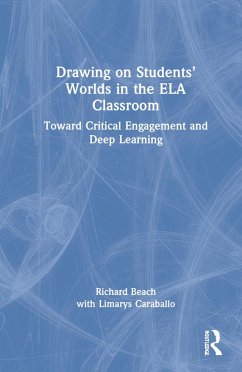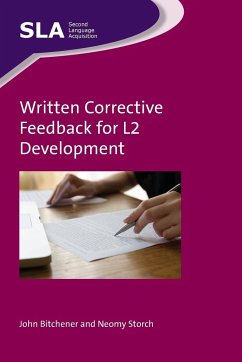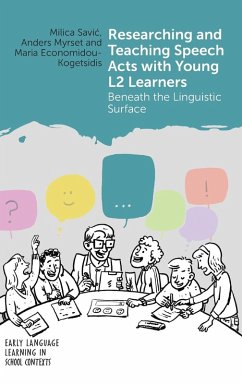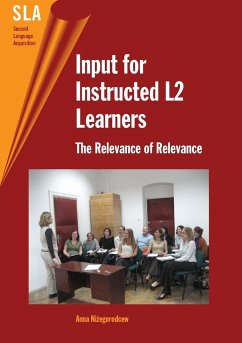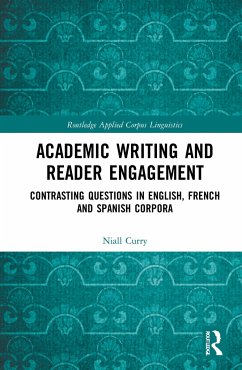
International L2 Students' Engagement with Teacher Feedback
Perspectives from a Globalised Higher Education Context
Versandkostenfrei!
Versandfertig in 1-2 Wochen
169,99 €
inkl. MwSt.
Weitere Ausgaben:

PAYBACK Punkte
85 °P sammeln!
Li investigates L2 international students' engagement with teacher feedback in the UK higher education system. This book is essential for researchers and research students in education, applied linguistics, especially feedback fields, and English for Academic Purposes educators and university lecturers who work with international students.





